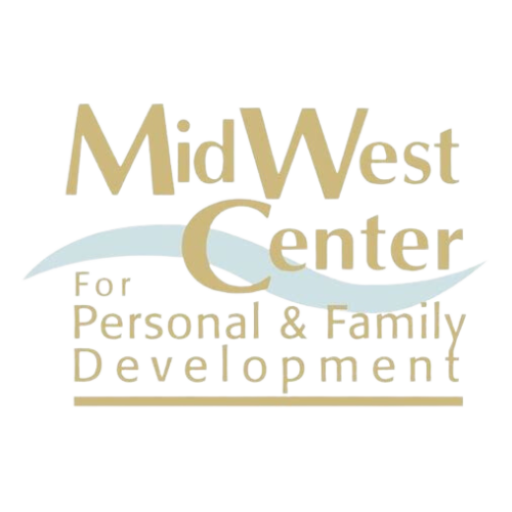One of the most widely studied and effective forms of treatment is Cognitive Behavioral Therapy (CBT). Whether you’re struggling with anxiety, depression, stress, or self-esteem, CBT offers practical tools to help you take control of your thoughts and reshape your life.
What Is CBT?
Cognitive Behavioral Therapy (CBT) is a short-term, structured, and goal-oriented type of talk therapy. It focuses on the connection between your thoughts, feelings, and behaviors—and helps you identify and challenge negative patterns that may be holding you back.
The core idea behind CBT:
If you can change your thoughts, you can change how you feel and act.
Unlike traditional psychoanalysis, which often explores the past in depth, CBT is solution-focused and geared toward creating lasting, practical change in your daily life.
What Conditions Can CBT Help Treat?
CBT is a versatile and highly effective treatment used for a wide range of mental health conditions, including:
- Anxiety disorders (including panic attacks, phobias, and social anxiety)
- Depression and mood disorders
- Obsessive-compulsive disorder (OCD)
- Post-traumatic stress disorder (PTSD)
- Eating disorders
- Sleep disorders (like insomnia)
- Stress and burnout
- Low self-esteem and negative self-image
CBT is also helpful for people facing chronic health conditions, major life transitions, or who simply want better tools for managing stress and emotions.
How Does CBT Work?
CBT involves working with a licensed therapist to identify and reframe unhelpful thinking patterns, also known as cognitive distortions. These may include:
- All-or-nothing thinking: “If I’m not perfect, I’ve failed.”
- Catastrophizing: “This small mistake will ruin everything.”
- Mind reading: “They must think I’m stupid.”
- Personalization: “It’s my fault everything went wrong.”
Once these patterns are identified, the therapist helps you challenge and replace them with more realistic, balanced thoughts. CBT also teaches behavioral strategies—like exposure therapy, journaling, relaxation techniques, and problem-solving skills.
What Can You Expect From CBT?
CBT is usually a short-term treatment, lasting between 8 to 20 sessions, depending on your goals. Sessions are structured, and you’ll often be given “homework” or exercises to practice between appointments.
A typical CBT session may include:
- Reviewing goals and progress
- Discussing recent challenges or triggers
- Identifying unhelpful thoughts
- Practicing skills to shift behaviors and improve emotional regulation
You won’t just talk—you’ll learn, experiment, and gain practical tools to apply in real life.
What Makes CBT So Effective?
CBT is backed by decades of research and clinical success. Studies show that it can be as effective as medication for certain conditions—and often with longer-lasting results.
Key benefits of CBT include:
- It’s goal-oriented and structured
- You learn practical, lifelong coping skills
- It empowers you to become your own therapist over time
- It’s effective in both in-person and online formats
Is CBT Right for You?
CBT may be right for you if:
- You want to better understand and manage anxiety, depression, or stress
- You’re looking for skills-based therapy with real-world application
- You’re ready to be actively involved in your healing process
- You’re open to exploring your thought patterns and behaviors
At MidWest Center we offer CBT with licensed therapists who are trained to personalize the approach to your unique needs. Whether you’re new to therapy or returning for support, CBT can be a powerful tool in your mental health toolkit.

